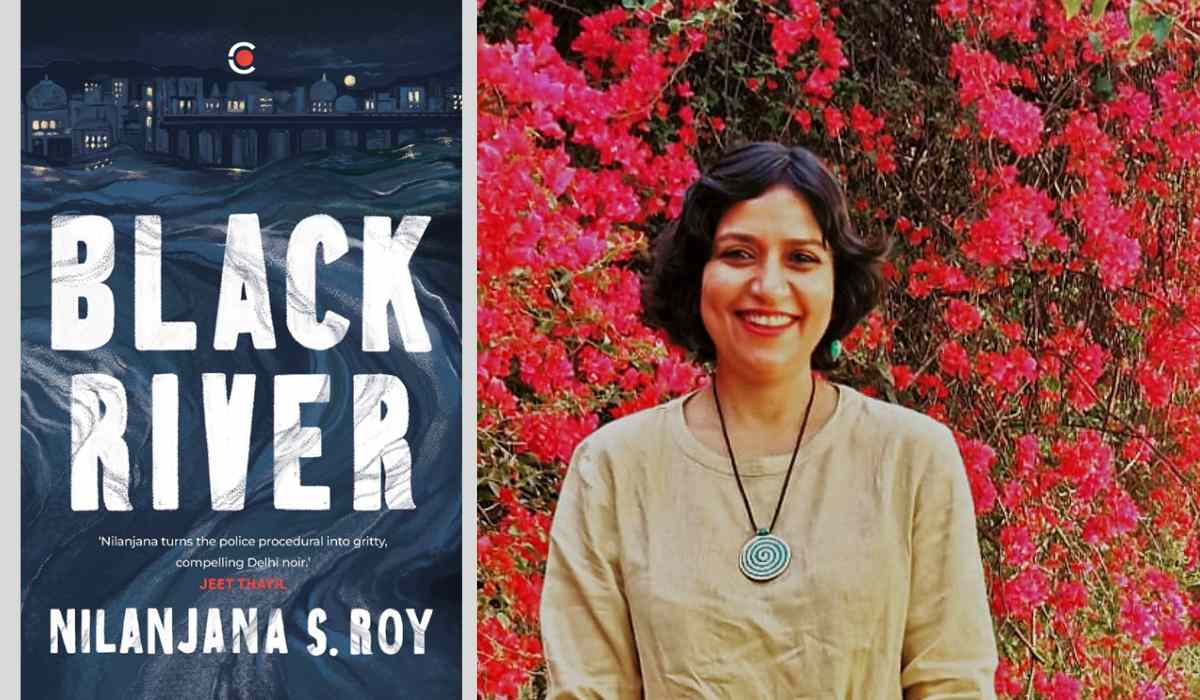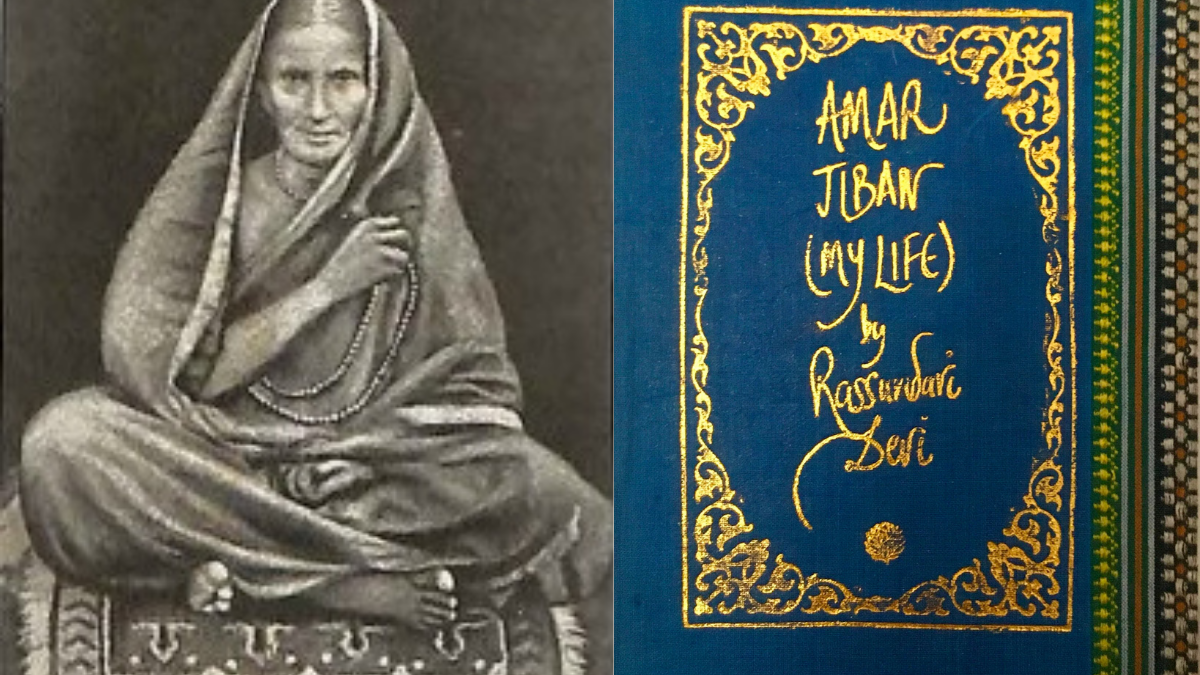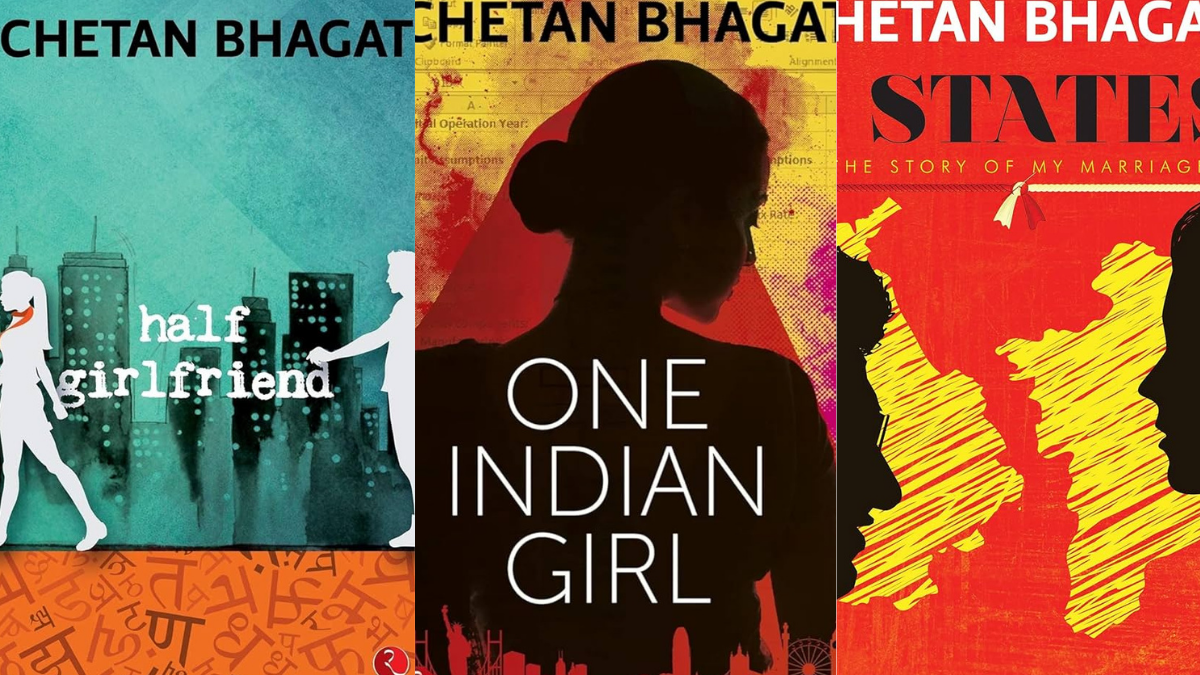Nilanjana S. Roy’s novel Black River starts with a lightness weighted by the darkness of the world, it starts with a father and his daughter and their love for one another, her book starts with love. In many murder mystery novels a crime is committed and it is up to the detective to solve the crime and restore the moral order, very few murder mysteries explore the darkness of society, where crimes remain unsolved and justice is not served, most novels ignore the unsettling violence often found in societies, the inequality and the wicked amongst them, a reality where criminals remain free and are often the ones in power.
Roy’s Black River is a novel that takes the reader far away from comfort and into the depth of an uncomfortable darkness that lurks within the society, the novel narrates through gender-based violence, communal tensions, majoritarian politics, Roy touches upon real issues with sensitivity, she portraits reality with gentle vulnerability, she acknowledges serious issues of threats of abuse and assault that women are threatened with in the domestic sector ,the pervasiveness of child sexual abuse and the horrors of child trafficking, all sensitive issues that are handled without either dogmatism or exaggeration.
The noir unravels not just the mystery behind a murder but also the hidden evils in society, Nilanjana S. Roy cleverly peels away the layers to reveal the darkness within us all as a society, the insecurities, prejudices and fears that have come to define us as and as India in our cities as well as our villages. Black River is not so much of a whodunit murder mystery as it is a book that questions the sociological decay in our societies, the book focusses and ponders over questions of ethics, justice, class, gender and religion in both our cities as well as the villages of India.
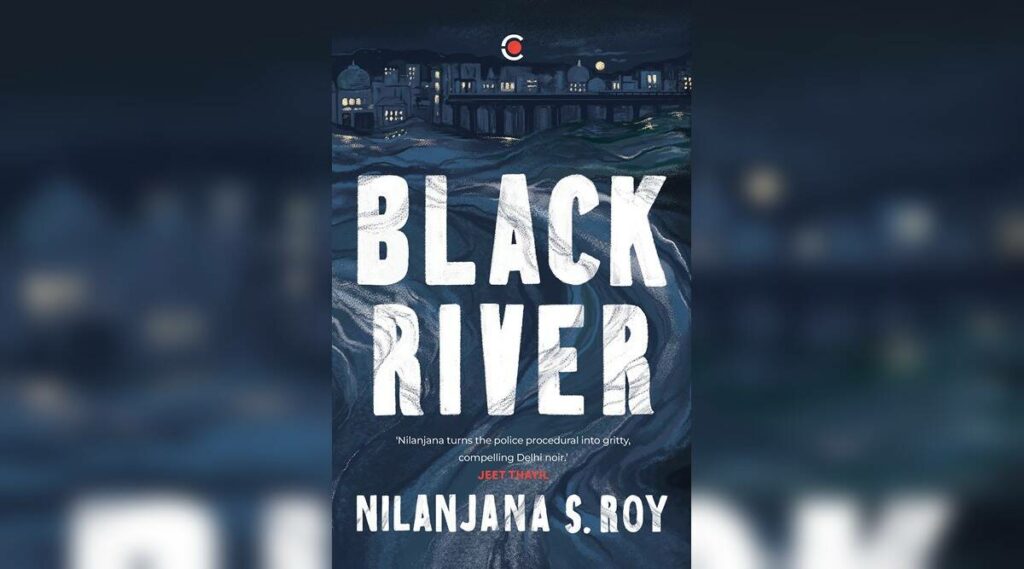
The book starts with Teetarpur a village at the edge of the Delhi- Haryana border, a village that is “famous for nothing”, the story opens with a dreaded silence, where Munia hides in an orchard and accidentally witnesses a man meeting a woman and then strangling her, she watches this secret rendezvous and murder and in the space of a few short and grimm chapters Munia is dead too found hanging on a branch of a Jamun tree. At the murder scene, Munia’s father Chand finds a weeping man, Mansoor Khan, a ‘madman’ and drifter, “one of the imperfect pots baked from the Almighty’s clay, with a crack running through it”. A mob soon gathers around Mansoor as he is accused of murdering the little Munia and as Chand cradles his daughter he desperately thinks “She will open her eyes, her father thinks, she will smile at me and put out her arms to be helped down, and then I will carry my Munia inside one more time.” Mansoor is taken into custody by Ombir Singh the police inspector, though he doesn’t believe Mansoor killed Munia he takes Mansoor in custody mostly to protect him from the others in the village who are thirsty for revenge for the murder of this little girl. As Chand grapples with grief his old friends in Delhi Rabia and Badshah Mia are fighting for their right to home and country as the politics of hate and religion threaten to drown them in its tide.
Also read: Book Review: Homosexuality And Communal Conflict In Manju Kapur’s ‘A Married Woman’
Roy’s Black River is a novel that takes the reader far away from comfort and into the depth of an uncomfortable darkness that lurks within the society, the novel narrates through gender-based violence, communal tensions, majoritarian politics, Roy touches upon real issues with sensitivity, she portraits reality with gentle vulnerability, she acknowledges serious issues of threats of abuse and assault that women are threatened with in the domestic sector ,the pervasiveness of child sexual abuse and the horrors of child trafficking, all sensitive issues that are handled without either dogmatism or exaggeration.
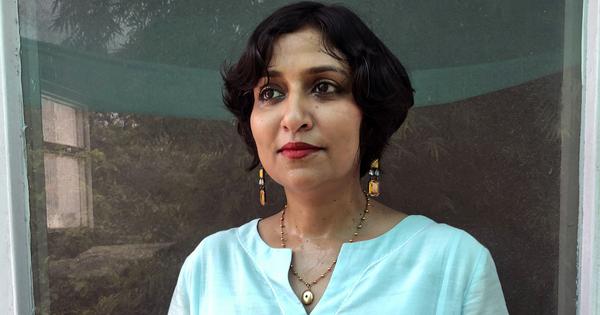
Ombir Singh the police inspector of Teetarpur is a typical police officer found in the noir genre, he is pessimistic and exhausted-“his fatigue is like a heavy, familiar backpack”. His personal life is troubled; his professional prospects dim. He is grimly aware of his powerlessness in the police bureaucracy” it is up to him to solve this murder to give Chand the justice he craves. As a police officer in an Indian village he is faced with villagers wanting to execute their own brand of justice on the supposed culprit Mansoor Khan, he faces several dysfunctions- there is only one file case for important files, the rest go into jute sacks, he has no forensic team to call in to collect evidence, and he rarely is able rely on the autopsy reports as upper caste doctors do not want to touch dead bodies and the job goes to under trained lower caste doctors that often don’t have the qualifications to do an autopsy, sadly in Black River, Roy doesn’t touch upon the caste discrimination faced often in villages as well as cities. Roy uses her experience as a journalist who has covered gender and her walks along the river of the Yamuna as an inspiration for her novel.
Through Munia’s murder we enter a world with a skewed politics of justice, the murder of Munia forces Ombir Singh to bow down to mob justice by giving them Mansoor Khan, conceal a lead that could lead them to the truth behind the murder and bend down to the will of money and power. As the case is closed with Mansoor Khan’s death,Ombir Singh who is on the verge of a new promotion cannot seem to let things go, and so he continues his secret investigation with Bhim Sain, though he isn’t above taking envelopes of cash from the richest man in the village Jolly Singh Teetarpur’s most wealthy and ostentatious man.
Also read: Book Review: You, Me And Every Woman In ‘Lies Our Mothers Told Us’
This a reality that we live in today where religion, gender, caste, money and power dictate who committed the crime, Mansoor Khan the mad man of the village is an injured man who can barely lift his arms, there is no evidence connecting him to the crime scene, he is simply a man who found Munia dead and for that he pays. Roy uses Munia’s murder as a catalyst to bring to light politics of hate, through Munia’s murder Roy removes the facade of inclusivity bringing us to the reality we live in, a reality where we are not an inclusive society at all.

While the story follows the murder of little Munia, Roy expertly threads in Chand’s adventures and life in Delhi where he made lifelong friendships with Rabia and Bahadur Shah, Roy expertly weaves in their stories making the readers walk through Rabia’s life as well as Chand’s and their relationship together as friends, Roy directs her readers to their unlikely friendship that is frowned upon by society and the politics of hate. The narrative travels back in time when Chand arrives in Delhi, and traces his years there first as a daily wager, then as a butcher’s apprentice in Badshah Miyan’s shop.
Through the stories of Chand, Rabia and Khalid we see a complex picture of hate, religion, communal tensions and politics rising on the banks of the Yamuna River where the three make a home for themselves at a distance from the city. As the story moves back and forth from past to the present we see the politics of majoritarianism emerging, where after the death of Mansoor Khan the Jolly Singh puts a sign at the entrance of the village banning muslims from entering the village, At Bright Dairy, a settlement with an obvious working-class identity, Muslims are intimidated and coerced into selling their property and moving. “Business is down,” Badshah Miyan says, about another part of the city. “They make us close our shops, all of us, every time there is a festival or even a prayer meeting close by. We are losing customers. The Hindus go to Hindu butchers or order online these days.”
Through Chand’s experiences in Delhi, Roy touches upon history and the demolition of Babri Masjid, she touches upon the trauma of violence, the fracture that cannot ever be mended through the character of Khalid Rabia’s husband who is arrested right after the demolition of the masjid, when he is released from jail he is no more himself, he is irreparably broken, his mind wandering further into darkness and soon the Yamuna he loved so much consumes him in her waters.
Though the novel is fictional, it is based on reality, the themes we find in the novel are very much found in every day India, gender-based violence, sexual violence, caste based murders, honour killings happens so often that the people of India are numb to it, it is a dangerous thing to be numb to violence and Roy expertly makes us question it, she throws us into discomfort and that is the beauty of the novel, to read it and question the world we live in.
Roy constantly and cleverly builds relationships of love and warmth but with those relationships comes a dark reality though this story is fiction the themes of this novel are very much present in every aspect of society, be it gender violence in cities and villages, casteism or the politics of hate and communal tensions that seem to be rising daily.
Through Chand’s experiences in Delhi, Roy touches upon history and the demolition of Babri Masjid, she touches upon the trauma of violence, the fracture that cannot ever be mended through the character of Khalid Rabia’s husband who is arrested right after the demolition of the masjid, when he is released from jail he is no more himself, he is irreparably broken, his mind wandering further into darkness and soon the Yamuna he loved so much consumes him in her waters.
As we reach towards the end of the novel and face to face with the real murderer, there is a big exhale at the end as to who did it, and the reason behind it. The author brilliantly weaves her tale shining a light on the maze of power and money in a small village like Teetarpur.
The language and poetry of the book ties the story together when Roy writes “The river still exerts a half-felt pull on the capital’s subconscious, infecting its citizens with watery dreams and silted nightmares from time to time. “River of sorrows, river of tears, the river that swallows the world poisons,’ ‘she bears them in her own flowing body until even her waters can carry no more.”
Also read: Book Review: Raising Feminist Daughters: A 21st Century Guide By Chimamanda Ngozi Adichie
The novel starts with Chand and his daughter and it also ends with Chand and his daughter, with Justice served as Chand carries Munia’s ashes up to the beginning roads that lead to Himalaya he finds a place to lay her to rest, he lets go of his daughter releasing her back into the light. Black River is a brilliantly written page turner that makes us question “Are India’s girls ever going to be safe? “When does hate end?” “Will justice ever be separated from religion, caste, money and power?” Nilanjana S. Roy’s Black River is a work of art a beautifully written novel that touches your heart and makes you cry, a rare murder mystery novel that doesn’t shy away from the realities we live in today but rather brings forth these realities into minds of the reader making them think, she leaves them with a sad but beautiful ending.
About the author(s)
Zeba Vagh is pursuing her degree in screen writing from Whistling Woods Mumbai International. An aspiring writer, her work has been published with the Live Wire. She can be found on Instagram.
